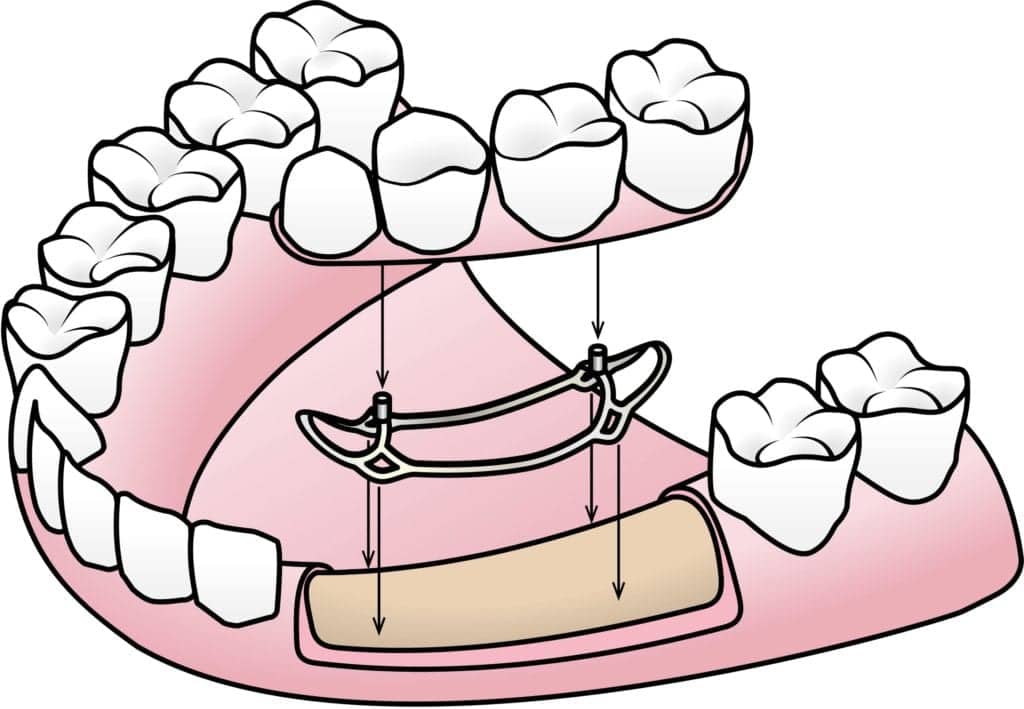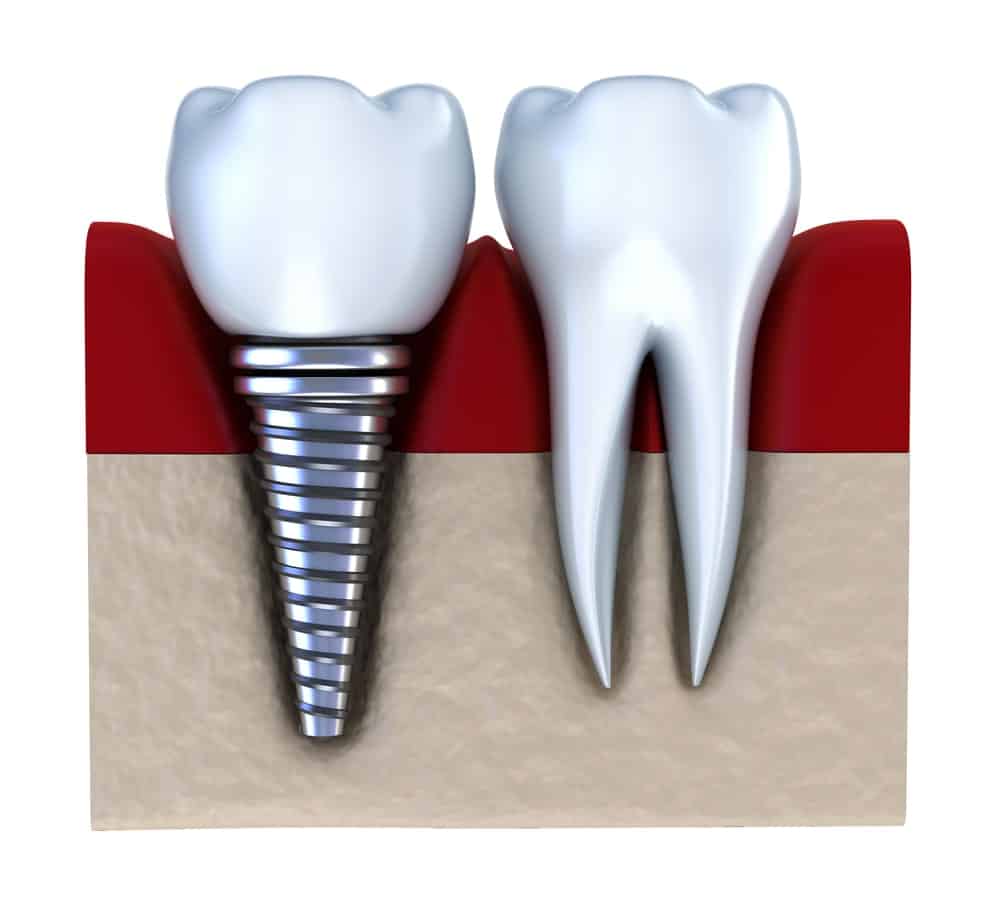Whether you are restoring a single tooth or planning an entire smile makeover, choosing a restorative dental treatment is a big decision. The variety of restorative dental treatments offers many different options in terms of how the restoration is placed, what it can restore, how it looks, if a recovery period is needed, the cost, and many other factors. While it is nice to have options, these options can also make things more overwhelming.
However, there is one option that stands apart from the rest and is recommended by many general and cosmetic dentists for restoring a single tooth or multiple teeth. Dental implants are artificial tooth roots that support a dental prosthesis and are the closest restoration method to natural teeth. If you are considering restoring a single tooth or having a smile makeover, here are six reasons to get dental implants:
1. Variety of Sizes
In order to be used for different locations in the mouth, dental implants are available in three different sizes. The most commonly used are standard size dental implants because they are able to adequately support a dental prosthesis in varying locations. However, dental implants are also available in wide or mini sizes. Wide dental implants are slightly larger in circumference than the standard size and this larger size allows them to be used for molars that absorb a great deal of force. Mini dental implants are slightly smaller in circumference than the standard size and are used in tight spaces or for areas with decreased bone mass.

2. Two Types
In addition to coming in different sizes, there are also two types of dental implants. Endosteal dental implants are placed in the jawbone and are the most commonly used type of dental implant. In fact, many people only know about this type of dental implant. Subperiosteal implants, on the other hand, sit on top of the jawbone, just below the gums. This type is rarely used and is much less well known.
3. Quick Placement
On average, dental implants can be placed in as little as 1-2 dental appointments. This generally consists of a single appointment to place the implant screw and connector piece, as well as a temporary restoration. Once the implant has healed, a second appointment is generally needed to place a permanent restoration. However, in some cases, both steps can be completed in a single appointment.

4. Fuses with the Jawbone
Dental implants are the only restorative dental treatment that are capable of fusing with the surrounding jawbone. This happens about 3-6 months after they are initially placed into the jawbone. Their ability to fuse with bone is what allows them to be strong and highly durable.
5. Extremely Long Lasting
In addition to strength and durability, fusing with the surrounding bone also allows dental implants to last longer than any other restoration method. On average, dental implants can last about 10-15 years, however, there have been more and more cases that have lasted for about 20 years.
6. Prevent Bone Loss
Fusion with the jawbone also allows the implants to prevent bone loss through stimulating the jawbone. In order for the jawbone to maintain its bone mass, constant pressure from chewing and biting is required. When a tooth is lost, stimulation is also lost, which results in bone loss. By acting as a substitute root and providing stimulation, dental implants preserve bone mass.
As you can see, there are many great reasons to get dental implants such as their variety of sizes and types, quick placement, and the fact that they can fuse with the jawbone to be strong, durable, long-lasting, and to prevent bone loss. While there are plenty of other effective restoration methods, only dental implants are capable of offering particular benefits. Whether you are restoring a single tooth or planning an entire smile makeover, you should definitely consider dental implants.

Dr. Dennis Laurich has been practicing dentistry for over 40 years. He received his DDS degree from the University of Michigan Dental School and regularly attends oral health care conventions to continue his dental education. This allows him to treat patients with the leading dental technology and methodologies. Additionally, he is a member of the American Dental Association, Michigan Dental Association, and the Detroit District Dental Society.




